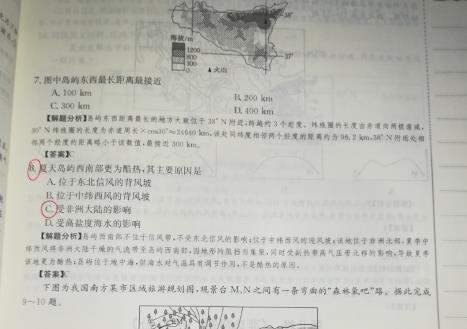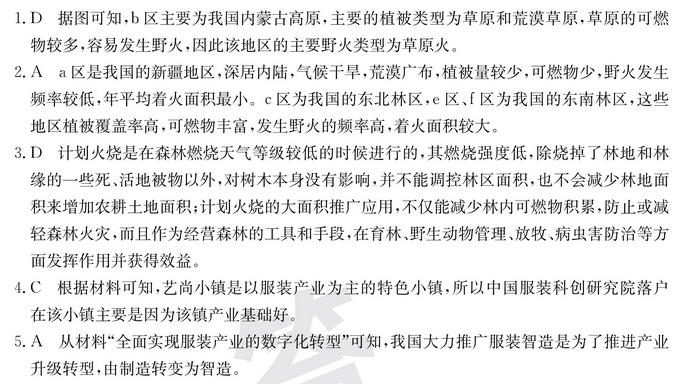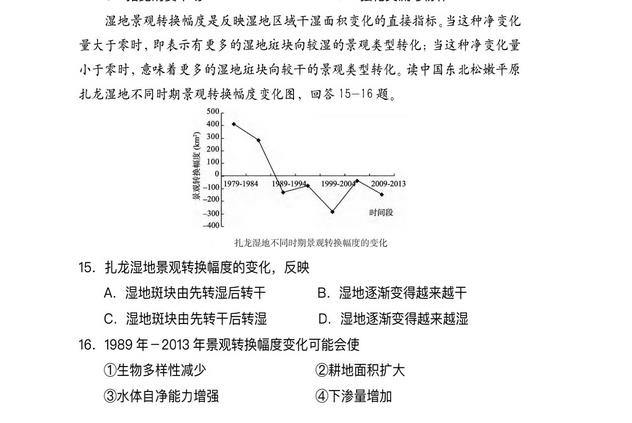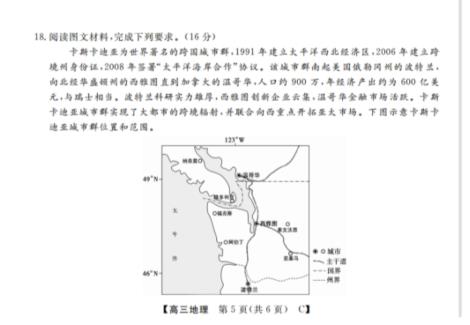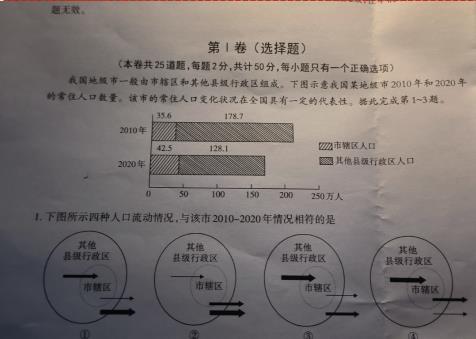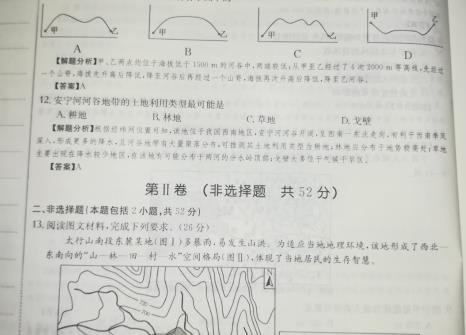广西省2023年八桂智学9月高三新高考联考英语答案,目前2024天舟益考答案网已经汇总了广西省2023年八桂智学9月高三新高考联考英语答案的各科答案和试卷,更多2024天舟益考答案网请关注本网站。
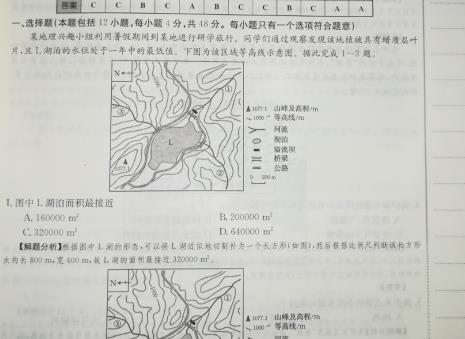
Have you ever had the urge to open a book and stick your nose straight into theDpages?The smell of old books can refresh any book lovers.We don't know why,but itDescribing the smell can be a challenge.And mere adjectives will likely be of littleis just pleasant to us.use to future generations of historians trying to document,understand or reproduce thescent of slowly decaying books.Now,that task may have just gotten easier thanks tothe Historic Book Odor Wheel.In one experiment,researchers asked visitors at the historic library to characterizethe scents they smelled.All the visitors selected words like“woody”,“smoky”and"earthy"from the list,and described the smell's intensity and perceived pleasantness.In another experiment,the study authors presented visitors to the Birmingham Museumwith eight smells-one of which was an unlabeled historic book scent and seven werenon-bookish,such as coffee,chocolate,fish market and dirty clothes.The researchersthen had those museumgoers describe the historic book smell.The top two responses?Chocolate and coffee."You tend to use familiar associations to describe smells whenthey are unlabeled,"study author Cecilia Bembibre says.The team even analyzed the volatile organic compounds (VOCs)in the book andthe library.Using the data from the chemical analysis and visitors'smell descriptions,the researchers created the Historic Book Odor Wheel to document the"historic librarysmell".Main categories.such as"sweet/spicy",fill the inner circle of the wheel;descriptors,such as "chocolate/cream",fill the middle;and the chemical compoundslikely to be the smelly source,like furfural,fill the outer circle.The researchers want the book odor wheel to be a tool that "untrained noses"canuse to identify smells and the compounds causing them,which could addressconservators'concerns about material composition and historic paper conservation.Andhopefully,smells of the past can be reproduced in the lab someday and museums andhistorians can use it to reconstruct a past we can no longer smell.32.What phenomenon is described in the first paragraph?A.Addiction to reading books.B.Fascination for smells of books.C.An odd reading habit.ovolgmo X-noD ob wesD.A dislike for smelling books.33.How do people usually describe unlabeled smells?A.By referring to familiar items.B.By using adjectives to label them.C.By linking them with food smells.D.By analyzing chemical components.34.What is the function of the "Historic Book Odor Wheel"?no)A.To store book smells.B.To characterize smells.C.To collect history books.D.To test different scents.35.What is the potential future application of the study?A.Creating a whole new scent.B.Sharpening sensory perceptions.C.Restoring smells of historic documents.D.Extracting components of"old book smell".英语试题第6页(共10页)
[db:内容2]

